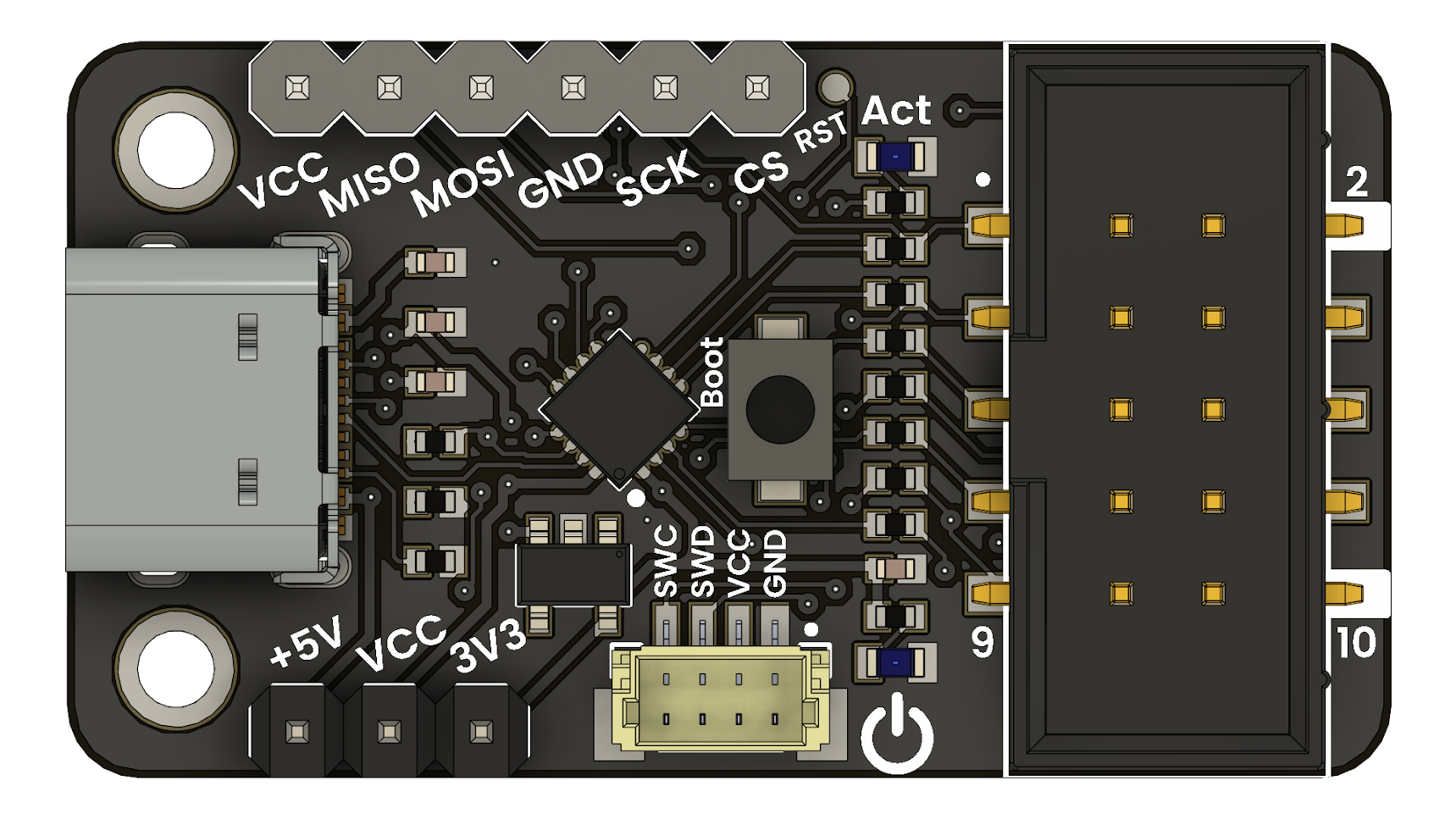Docker Configuration for Non-Privileged Users on Linux#
This document details the procedure for configuring Docker so that containers, including the spkg container, may be built and executed without requiring superuser privileges.
1. Install Docker Engine#
There are two installation approaches. Select Option A for a simpler installation using the docker.io package, or Option B for the most current official release.
Update the package index and install docker.io:
sudo apt update
sudo apt install -y docker.io
The following steps remove any old installations and install the latest Docker components.
sudo apt remove docker docker-engine docker.io containerd runc
sudo apt update
sudo apt install -y \
ca-certificates \
curl \
gnupg
sudo install -m 0755 -d /etc/apt/keyrings
curl -fsSL https://download.docker.com/linux/ubuntu/gpg | \
sudo gpg --dearmor -o /etc/apt/keyrings/docker.gpg
echo \
"deb [arch=$(dpkg --print-architecture) signed-by=/etc/apt/keyrings/docker.gpg] \
https://download.docker.com/linux/ubuntu $(lsb_release -cs) stable" | \
sudo tee /etc/apt/sources.list.d/docker.list > /dev/null
sudo apt update
sudo apt install -y docker-ce docker-ce-cli containerd.io docker-compose-plugin
2. Verify Docker Operation#
Ensure the Docker daemon is active and verify the installation:
sudo systemctl start docker
sudo systemctl enable docker
docker version
3. Configure User Access to Docker#
Add your user account to the docker group to allow Docker execution without root privileges:
sudo usermod -aG docker $USER
After executing this command, re-authenticate by logging out and back in or by running:
newgrp docker
4. Validate Non-Privileged Docker Usage#
Confirm that Docker commands work without using sudo:
docker ps
The command should return either an empty list or the column headers.
5. Verify Docker-Compose Plugin Installation#
Check the installation of docker-compose, whether using the legacy version or the modern plugin:
docker-compose version # For the classic (v1) version
# or
docker compose version # For the modern (v2) plugin
If docker-compose is not available, install the required package:
sudo apt install docker-compose
Or for the modern plugin:
sudo apt install docker-compose-plugin
6. Running spkg Without sudo#
Once the configuration is complete, you may build images and compile projects with the spkg tool without requiring sudo privileges.
./spkg/spkg compose # To build the Docker image
./spkg/spkg -p ./my_project bin # To compile your project
Optional: Verify Docker Socket Permissions#
Ensure that the Docker socket is correctly configured with the proper group ownership and permissions:
ls -l /var/run/docker.sock
The expected output should resemble:
srw-rw---- 1 root docker ...
If the permissions are not as specified, adjust them with:
sudo chown root:docker /var/run/docker.sock
sudo chmod 660 /var/run/docker.sock
